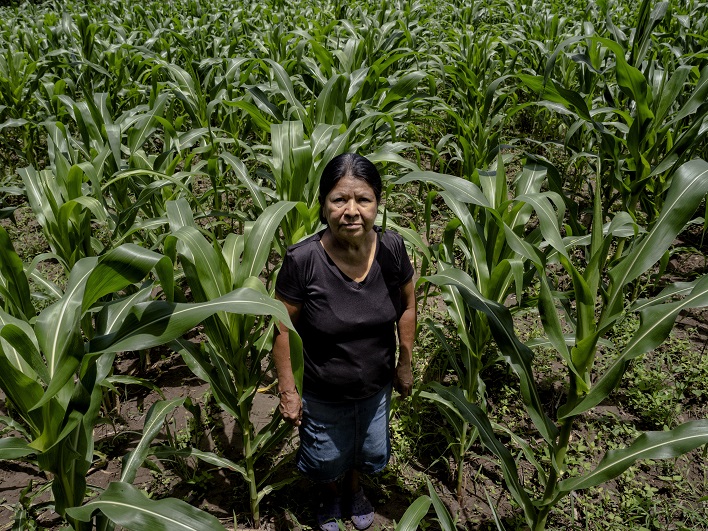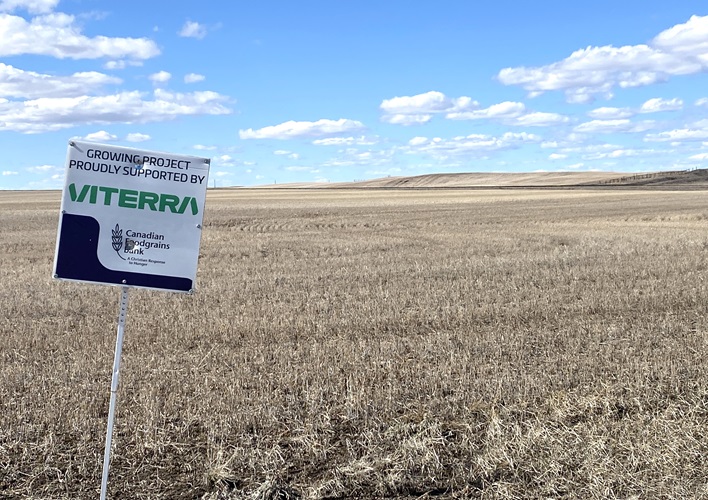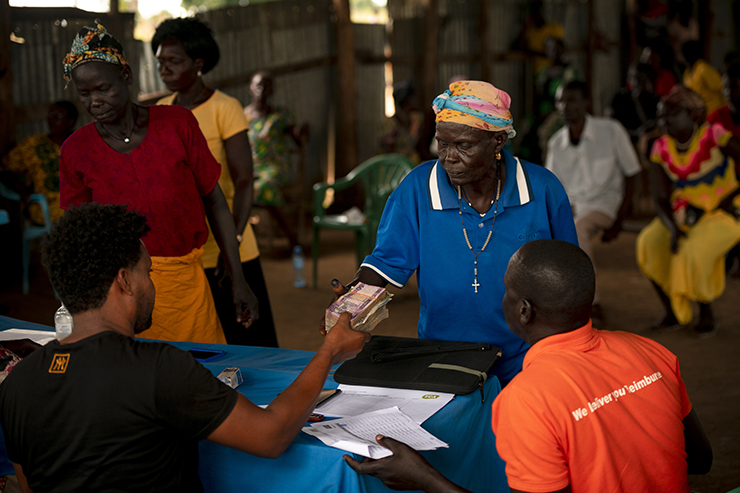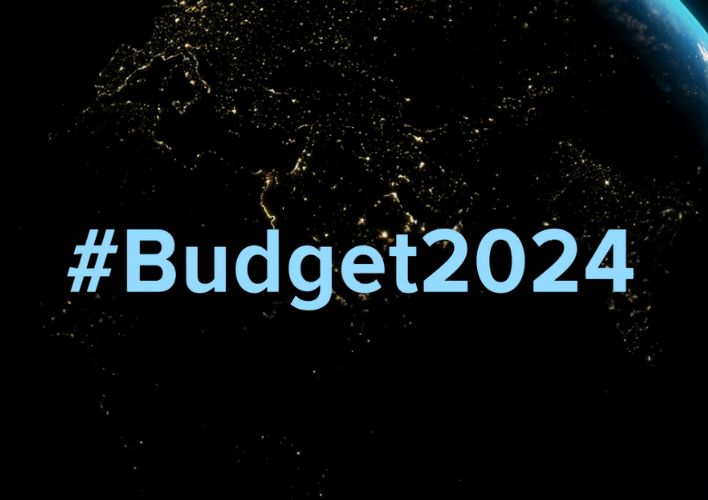El Salvador is one of the most vulnerable countries in the world to climate change. Located within Central America’s Dry Corridor, it’s an area that’s highly vulnerable to extreme climatic events from long periods of drought to intense rains. Livelihoods and food security can be greatly affected, and over half of Salvadorans deal with chronic food insecurity because of poor crop harvests.
In order to finance their operations, vulnerable small-scale farming families must borrow money. But when drought and floods hit, these farmers can lose their crops as well as default on their loans. This often causes more debt and negative coping strategies.
Weather-indexed insurance is one solution to help farmers safeguard their livelihood. A relatively new tool they can use to help manage risk, it pays out based on an index, such as rainfall measured at a local weather station or by satellite, as opposed to a consequence of weather, like a farmer’s crop yield.
A twelve-month pilot project, through Agricultural Development Bank and Lutheran World Federation Central America, offered training on and access to weather-indexed insurance to 600 farmers to protect their small loans for cropping inputs. As an incentive to try it, farmers were offered a subsidy towards the insurance cost.
María Nicolasa Oviedo lives in a rural area near the city of Zacatecoluca, La Paz. She and her husband rent land to plant corn, and also run a small egg production operation with laying hens.
Oviedo requested a loan from the bank for seeds and fertilizer but was intrigued by their offer of weather-indexed insurance so all wouldn’t be lost in extreme weather.
“In 2018, there was a great drought in the area and many crops were destroyed leaving behind losses to low-income families,” she explains. “Some were able to replant, but not many.”
Oviedo, along with other area residents, purchased the insurance because of a 50 percent subsidy on the premium.
The project also includes a research component that’s helping Foodgrains Bank design future programs. Led by the University of Toronto, the research is measuring how weather-indexed insurance supports food security and livelihoods.
This article was originally published in the Fall 2022 edition of Breaking Bread. Download your copy here.




